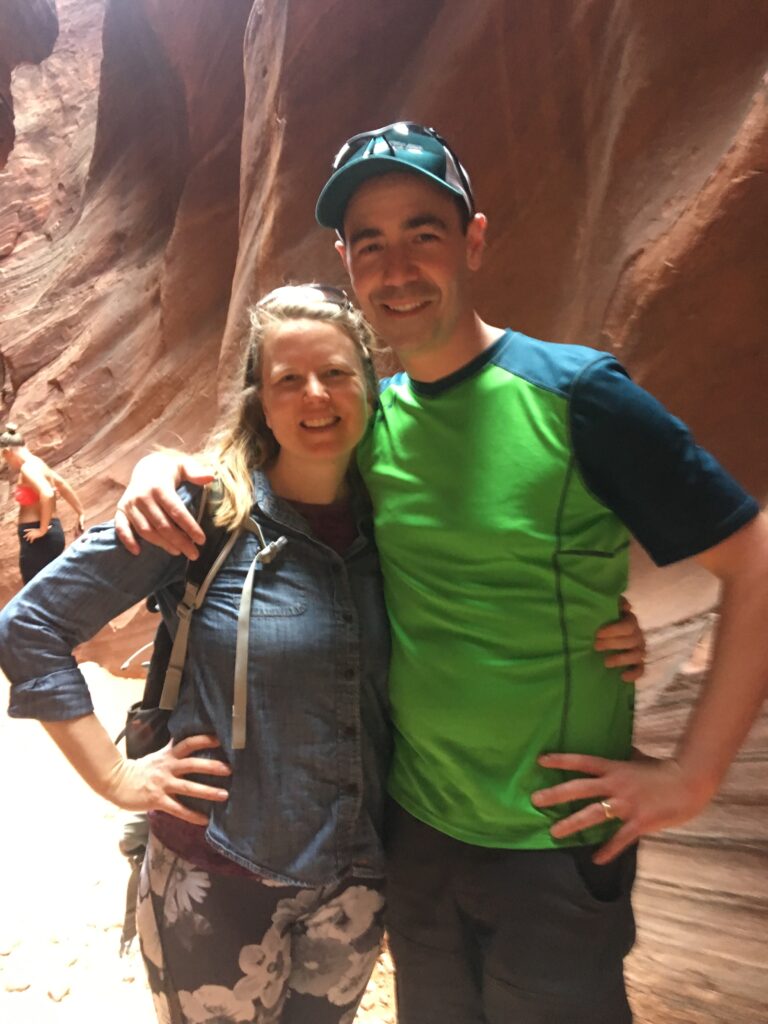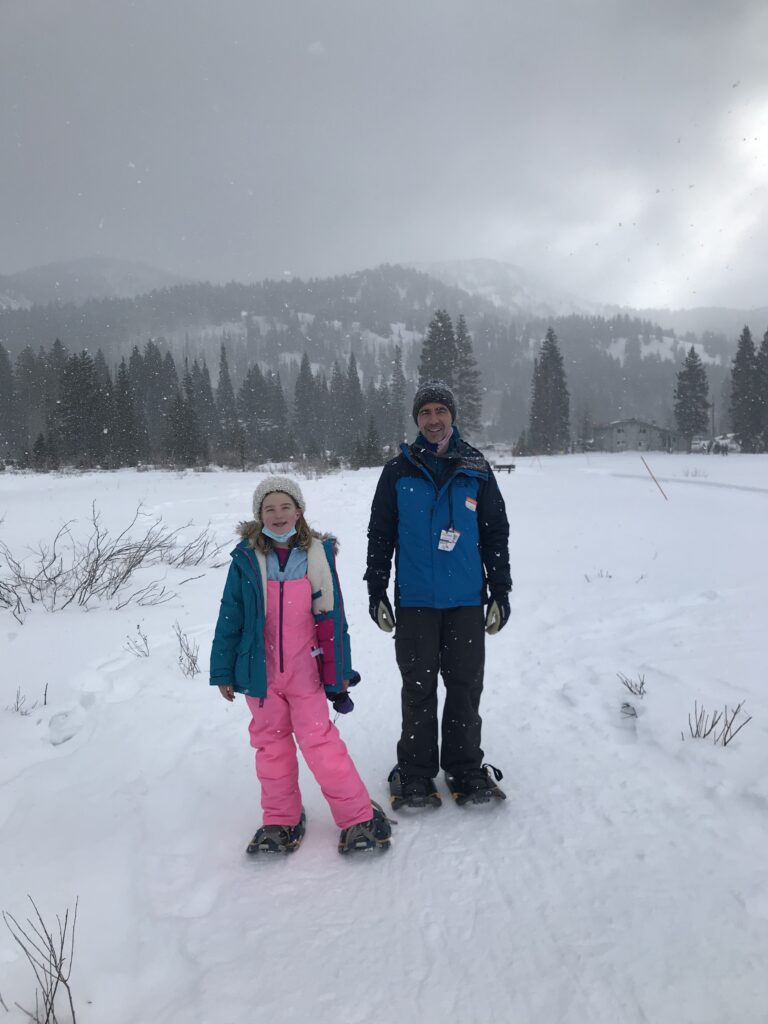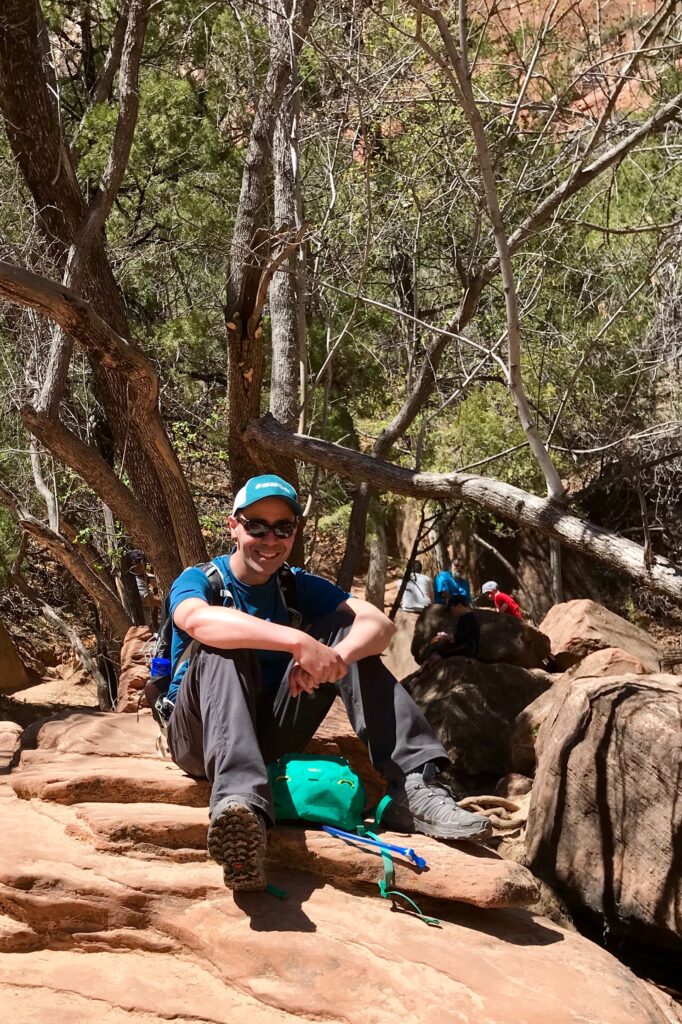Eric L. Slattery, MD, is a neurotologist at the Ear, Nose & Throat Center of Utah, the largest independent ENT group in Utah, where he is the medical director of the House of Hearing, its audiology division. He is also director of the Cochlear Implant Center of Utah and vice-chief of otolaryngology at Intermountain Medical Center in Murray, Utah, the state’s largest hospital. His specialties are neurotology, otology and skull base surgery.

A Michigan native, Slattery completed his residency in otolaryngology at Washington University School of Medicine in 2013 after graduating with High Distinction from Wayne State University School of Medicine in Detroit.
Following residency, Slattery completed a fellowship in neurotology, otology, and skull base surgery at the Michigan Ear Institute. He has been published in numerous scholarly journals for his work on inner ear regenerative medicine. Today, he is at the forefront of groundbreaking cochlear implant technology and has helped patients of all ages receive cochlear implants.
What attracted you to WashU’s residency program?

It was a combination of things. I wanted to clinically come out very strong and also have exposure to research. WashU’s residency was known to be an excellent program and still is one of the best otolaryngology programs. My decision also had to do with the personalities. I felt that I got along with the attendings and people at multiple levels at WashU. While I finished my residency in 2013, WashU’s otolaryngology residency program continues its tradition of excellence.
What was the most memorable moment from training?
There are a lot of them. Two really tie as the most memorable. One was when I was a PGY2 Dr. Richard Chole took me through a stapedectomy and let me do the entire procedure. Even at the time, that was pretty amazing. But now, the more I know by being in practice myself, it blows me away that someone would have so much trust in someone who knows so little do such a delicate and intricate ear surgery.
Then, when I was in my T32 research years [physician-scientist research residency track], I went out to Stanford for a week and learned to take stem cells from the inner ear of mice and then apply findings to some questions we had at Mark Warchol’s lab. It worked out beautifully.
What are the highlights of your career so far?

I am in Salt Lake City now and have helped build a large private neurotology practice with a group of 13 other ENTs. I am quite proud of that. I also started the Cochlear Implant Center of Utah, and I serve as the director of that entity, building it into a strong program for placing implants in patients. I also spent four years working on the Utah Newborn Hearing Screening Advisory Committee. I am the president-elect for my group as well.
What do you enjoy most about being a neurotologist?
Still helping patients. My work as a neurotologist is highly specialized but at the same time, there is lots of variety. I am not doing the same thing day in and day out. I have many patients of all ages – I treat patients basically from birth to their 90s. There is also variety in the diseases I see – many of the procedures I do are very rare.
It is an interesting field, and I am continually learning new things about my practice and how to perfect surgeries.
What recommendations might you have for those currently applying for otolaryngology residency?
Otolaryngology is a great field and one that I think it is applicable to a lot of different people. One of the oldest fields, otolaryngology is at the same time rapidly changing with new and different technologies and procedures. It’s an excellent field to go into.

What does a day in your life look like today?
On a typical workday, I get up around 4:30-5 am and usually work out. Then I start seeing patients around 7:00. If I have rounds, I am in the hospital before that.
On office days, I see patients throughout the day, and then usually have some sort of meeting after my clinical obligations, sometimes meetings before office hours starts too. If it’s a surgery day (I try to not mix my days) I just do surgery all day. Then I go home, spend time with my family, and do it again.
Do you have any fun or interesting hobbies?
I have quite a few. Here in Utah, there is endless stuff to do, like downhill ski, mountain bike, and fly fish. I enjoy photography, and right now my big thing is learning foreign languages. I am currently learning German. I also enjoy traveling with my family. My wife and I have two kids, one just turned 11 and the other is 13, and both are involved in sports. I keep busy.
